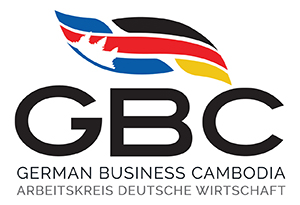- Posted on: 21.08.2018
In recent times, Germany has evolved as the most popular work destination in Europe and ahead of every other country in the world except the United States. However, so far often it is very difficult or even impossible for non-EU citizens to work in there while, at the same time, the country suffers from a grave shortage of skilled workers. Consequently, in August the German government has developed a general framework for a new immigration law that is supposed to be adopted by the Bundestag (federal parliament) until 2021.
Currently, about 1.2 million jobs remain unfilled, making it necessary for Germany to pave the way for worldwide recruiting. According to governmental plans, the labor market will open its doors for 400,000 non-EU workers per year. Most likely, this possibility will not be limited to certain professions. Main conditions will be each worker’s formal education and sufficient German language skills.
Graduates and workers with vocational training will have an opportunity to come to Germany to look for a job within a certain period of time if they meet qualification and language requirements. They will not have access to social welfare benefits during that period, but will be allowed to work in jobs for which they are overqualified so they can earn some money, the paper stipulates.
Qualification recognition procedures in Germany will become faster and easier. At the moment, the country has developed just a “blue card” system that makes it easier for companies to hire foreign academics and highly qualified professionals only. The paper proposes that the government will no longer insist that companies give preference to German citizens in filling vacancies before looking for non-EU foreigners.
In the next step, the ministries involved enhance this very basic framework into a draft law, making further changes and adjustments possible and likely. Particularly, some major issues including administrative procedures and the formal assessment of applicants’ qualifications still need further clarification.
